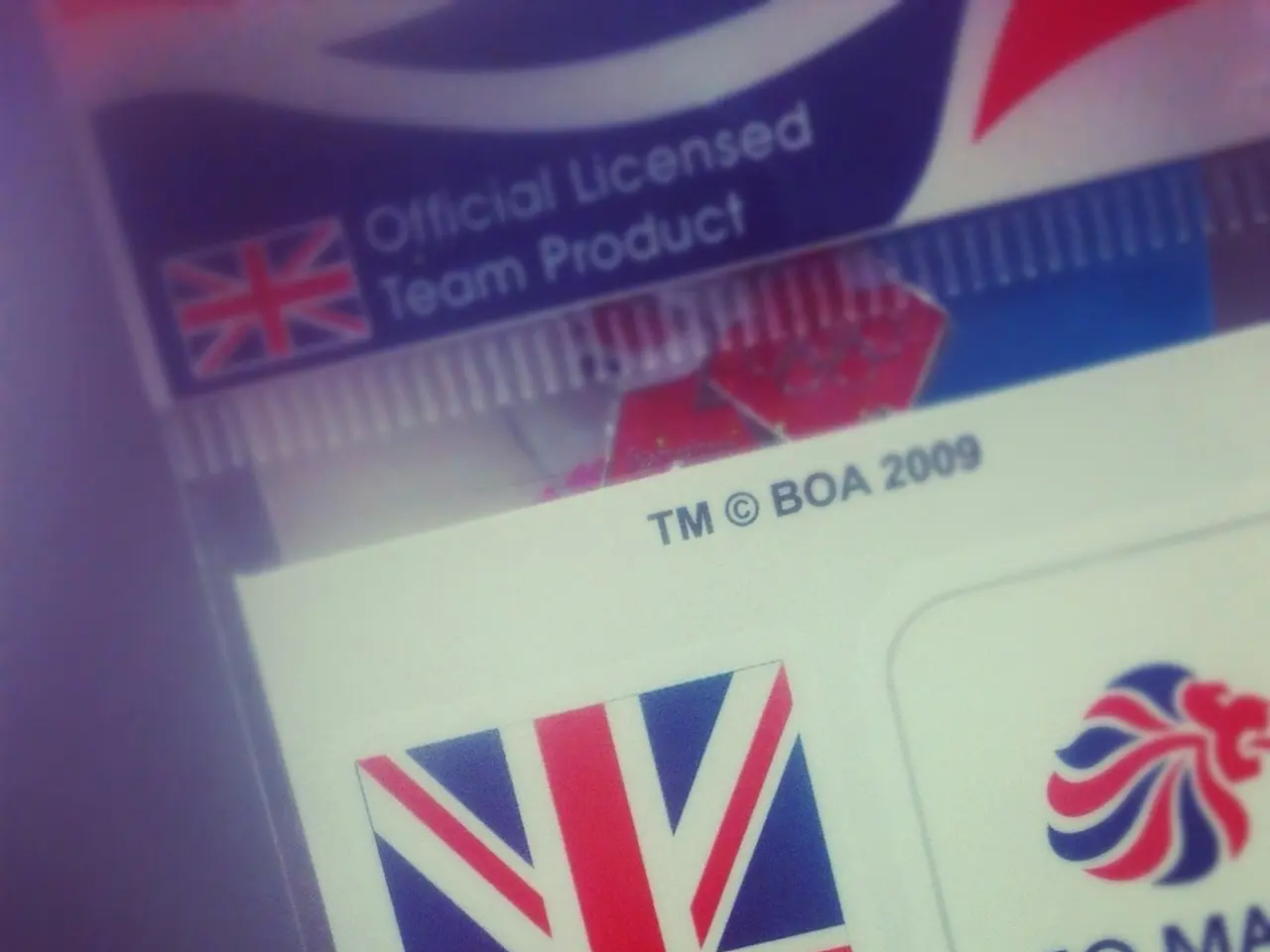Trump Administration's Efforts in Advancing Digital Identity Governance
The world of digital identity is evolving, and the federal government is not left behind. The latest development comes from the National Institute of Standards and Technology (NIST) with the finalization of its Digital Identity Guidelines, Revision 4. This comprehensive framework encourages federal agencies to adopt new digital identity technologies such as mobile driver's licenses, passkeys, and improved account recovery methods [1][2][3].
The aim is to enhance security, privacy, and user experience for digital identity services in the federal government. This update, completed after nearly four years of development and public input, is a significant step towards modernizing identity verification processes.
However, when it comes to the recent Trump Administration executive order related to digital identity for federal agencies, available summaries of Trump’s 2025 executive orders do not specifically mention direct initiatives targeting digital identity implementation. Instead, the orders focus more broadly on cybersecurity enhancements, innovation, post-quantum cryptography, AI vulnerability management, and improving cyber infrastructure through agency collaboration and standards updates [4].
This means that federal agencies currently rely primarily on the updated NIST framework for digital identity direction, while the Trump executive orders support cybersecurity infrastructure improvements that indirectly facilitate a secure environment for digital identity adoption.
The proliferation of data breaches has made it difficult to assert and prove who we are, as everyone's personally identifiable information is well-known. Digital identity, the representation of different attributes and credentials that uniquely identify who you are as a person online, including personal identifiers, biometrics, digital credentials, and devices, is foundational to how we interact in a digital world, enabling authentication and authorization across online and offline services [5].
Jordan Burris, the Head of Public Sector at Socure, expects the Trump administration to take action on digital identity in response to the executive order. He believes the strategy should not rely solely on mobile driver's licenses as a solution and emphasizes the importance of including state partners and private sector input in developing the strategy [6].
Burris' company's research shows an increase in government fraud and identity theft by nation-states, including China, North Korea, Russia, and European fraud rings. These nation-states use stolen identities to intercept benefits across state borders for ongoing schemes, such as acts of terrorism or human trafficking [7].
Digital identity fraud is a significant concern, especially in federal benefits programs. Burris served as chief of staff in the White House Office of the Federal Chief Information Officer from 2017-2018 and believes there is a need for a cohesive national strategy on digital identity [8].
The focus of nation states and other groups has shifted towards disrupting benefits delivery and federal operations by impersonating good people online. The approach to validating and confirming identity should move beyond what the National Institute of Standards and Technology has put on the books [9].
As the digital world continues to evolve, so does the need for effective digital identity practices. With the latest NIST guidelines as a key driver for federal-wide digital identity implementation and the Trump executive orders supporting cybersecurity infrastructure improvements, the stage is set for a more secure digital future. However, Burris sees early signs of outreach from the administration on the development of a national digital identity strategy, but believes more action is needed [1][2][3][4].
References: [1] NIST Digital Identity Guidelines, Revision 4: https://nvlpubs.nist.gov/nistpubs/SP/nistspecialpublication/800-63-3/SP800-63B.pdf [2] NIST SP 800-63B: https://www.nist.gov/itl/cybersecurity/federated-identity/sp-800-63b-digital-identity-government-conformity-assessment-protocol [3] NIST Digital Identity Guidelines, Revision 4: A Comprehensive Overview: https://www.itpro.com/security/authentication/358315/nist-digital-identity-guidelines-revision-4-a-comprehensive-overview [4] Trump's 2025 Executive Orders: https://www.whitehouse.gov/briefings-statements/presidential-executive-order-on-improving-the-nation's-cybersecurity/ [5] What is Digital Identity?: https://www.forbes.com/sites/forbesagencycouncil/2019/08/28/what-is-digital-identity-and-why-does-it-matter/?sh=684c9e3f54b4 [6] Jordan Burris on Digital Identity: https://www.federaltimes.com/articles/2021/05/12/sociure-ceo-sees-big-opportunity-for-private-sector-in-digital-identity-verification [7] Socure Research on Government Fraud and Identity Theft: https://www.prnewswire.com/news-releases/socure-research-reveals-increase-in-government-fraud-and-identity-theft-by-nation-states-including-china-north-korea-russia-and-european-fraud-rings-301307027.html [8] Jordan Burris on National Digital Identity Strategy: https://www.nextgov.com/emerging-tech/2021/05/sociure-ceo-sees-big-opportunity-private-sector-digital-identity-verification/171166/ [9] Jordan Burris on Mobile Driver's Licenses: https://www.govtech.com/security/Jordan-Burris-CEO-Socure-Mobil-Driver-Licenses-Wont-Solve-All-Identity-Verification-Problems.html
Agencies within the federal workforce are progressively adopting new technology solutions for cybersecurity and digital identity, as outlined in the latest NIST Digital Identity Guidelines, Revision 4. However, during the Trump Administration, direct initiatives concerning digital identity implementation were not explicitly mentioned in the executive order on digital identity for federal agencies, with the focus centered more on cybersecurity enhancements.
Despite the Trump Administration's emphasis on cybersecurity infrastructure improvements, the digital identity strategy is expected to evolve, with the need for further action and input from state partners and the private sector to Foster a more comprehensive approach to counter digital identity fraud and ensure a secure environment for federal operations.




